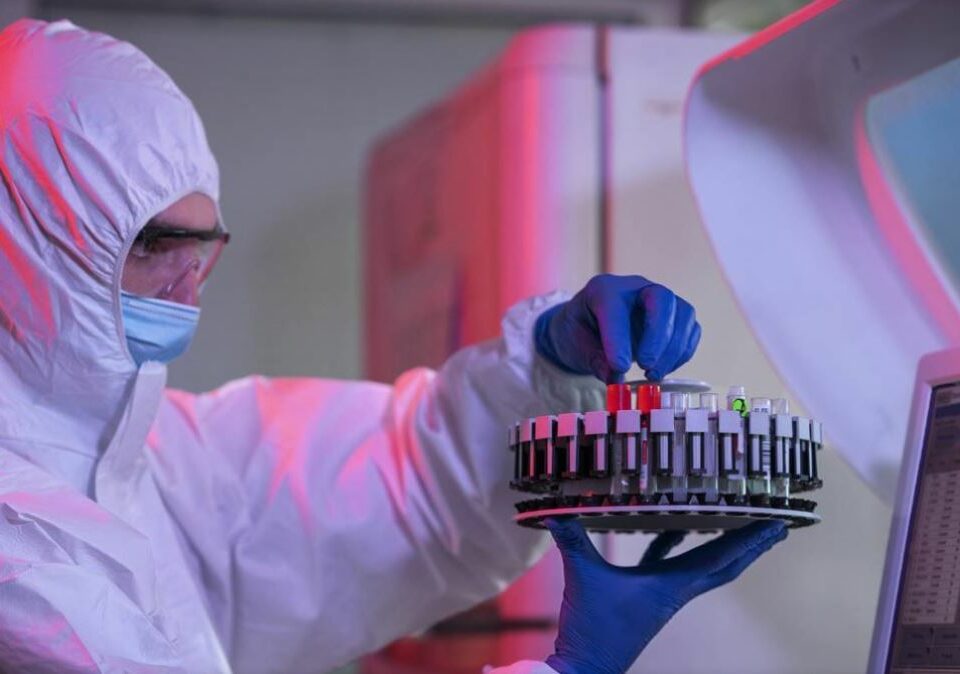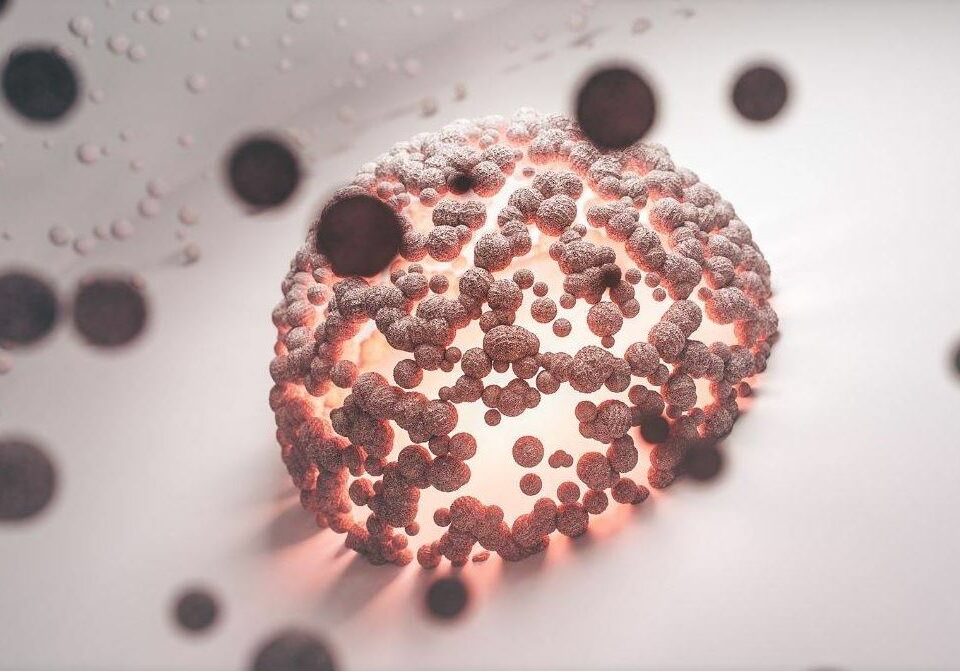Seven out of ten drugs in clinical development are ‘first in class’.

A report on the research pipeline of global pharmaceutical companies highlights the importance of this ‘first-in-class’ share for patients with unmet medical needs.
It captures notable advances in rare diseases, where it sees a regulatory framework that stimulates incentivised research as critical, and underlines the value of future breakthrough therapies based on precision medicine.

Source: www.farmaindustria.es
Seven out of every ten drugs currently under research are considered first-in-class, i.e. drugs with different mechanisms of action to existing therapies on the market and, therefore, with great potential to improve patients’ health, according to the conclusions of the report Innovation in the Biopharmaceutical Pipeline, carried out by the strategic consultancy Analysis Group for the American pharmaceutical industry’s employers’ association, Phrma, and presented in December.
Of the nearly 8,000 drugs in clinical development that the pharmaceutical industry has around the world, 69% are completely new, i.e. they could show ways that were hitherto unknown to science and are the best proof of this sector’s commitment to innovation and people’s health. This percentage reaches 80% in the phases prior to human research, but falls because, as the report itself reminds us, research into new drugs is a long, complex and costly process in which less than 10% of the drugs in development that manage to reach the clinical phase, when they are tested on patients, are finally approved by regulatory agencies.
By therapeutic areas, Alzheimer’s, cardiovascular diseases, neurology, psychiatry, diabetes and cancer have the highest percentage of potential first-in-class drugs. “The high proportion of projects with first-in-class potential reflects the innovative approaches researchers are using to address unmet medical needs. The need for continued development of new treatments is great, given demographic changes and the increasing socio-economic burden of disease. This report provides a snapshot of the number and scope of potential new treatments in development, which translates into a source of hope for current and future patients,” the document states.
In this regard, the authors of the report devote a special section to the new types of therapies that are revolutionising biomedical research in recent times and which represent a large part of these first-in-class. These include 545 cell therapy projects that use cell transplantation into a patient’s body to grow, replace or repair damaged tissue; 281 gene therapy projects that use genetic material to manipulate a patient’s cells for the treatment, prevention or cure of a disease; 348 CAR-T cell projects; 265 projects that target DNA and RNA to turn off or modify a disease-causing gene; or the 133 based on the use of oncolytic viruses, which aim to inject tumour-seeking viruses to infect cancer cells.
More hope for rare disease patients
The report also reveals that, of the total number of drugs in clinical development, 1,135 received orphan drug designation (those covering diseases that affect very few patients: less than one person per two thousand) from the US regulatory agency FDA, a figure of vital importance for patients with rare diseases, given that barely 5% of these pathologies have a treatment.
Today, as this study once again demonstrates, the pharmaceutical industry’s commitment to rare diseases is a consolidated reality that is bearing fruit and cannot be stopped. In Europe alone, since 2000, the number of orphan drugs developed by the industry has increased 23-fold, from just eight known drugs to 190, which are new hope for many of these patients.
In the case of orphan drugs, precisely because they address pathologies that affect very few people, the return on investment for pharmaceutical companies is very complicated. Therefore, a regulatory framework that stimulates research through incentives is critical, the report argues.
“The current pipeline of potential medicines from the innovative pharmaceutical industry is abundant, diverse and frankly promising for patients. The high proportion of projects that have the potential to be the first of their kind reflects the scientific growth promoted by this sector and its commitment to R&D,” highlights Javier Urzay, deputy director general of Farmaindustria.
Having more and better treatments improves and saves lives,” Urzay continues. But this rapid scientific and technological development, which is driving a new era in biopharmaceutical research, must be accompanied by a stable framework and a pharmaceutical strategy to protect, develop and incentivise it. Our regulatory system must keep pace with the science and adopt the latest developments to secure the process.
In this regard, Urzay highlights in particular the European Pharmaceutical Strategy, which is currently being worked on: “It must rise to this challenge and contribute to consolidate regulation and incentives that favour the development of these innovations and their rapid incorporation into EU healthcare systems for the benefit of patients”.





